Trump Administration’s ‘Visa Bomb’ Backfires, Clipping Startup Wings and Accelerating Talent Exodus
Input
Modified
H-1B Visa Fee Shockwave U.S. Big Tech in panic, “$14 billion annual burden” Talent competition intensifies, UK considers fee abolition
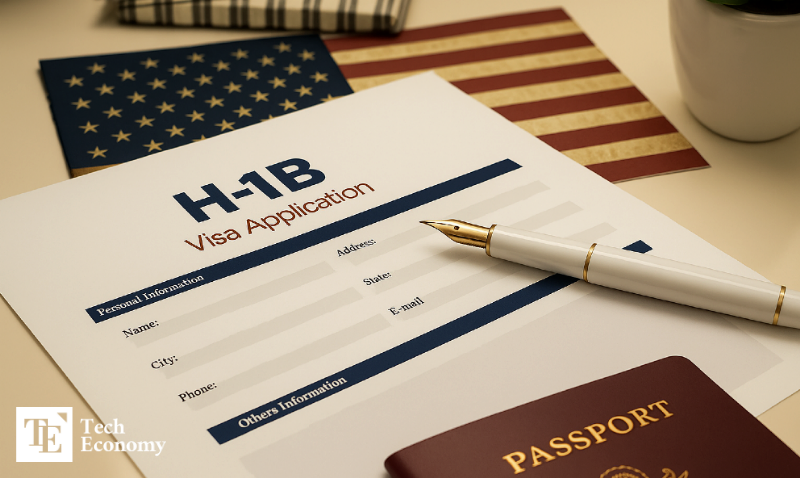
The H-1B visa fee—long a symbol of the “American Dream”—will be raised to $100,000 starting on the 21st, up from the current $1,000. This 100-fold hike comes under a proclamation signed by President Donald Trump. The H-1B program, designed for skilled workers in science, technology, engineering, and mathematics (STEM), has fueled the rise of Big Tech and America’s technological dominance. Now, with the Trump administration’s de facto termination of the program, the inflow of high-skilled talent is set to collapse.
H-1B Fee Raised 100-Fold to $100,000
According to Reuters on the 22nd (local time), Trump said in his proclamation on the 19th that “the H-1B visa was meant for temporary high-skilled work but has been abused to displace American workers with low-wage labor, undermining both the economy and national security.” Commerce Secretary Howard Rutnick added, “Our immigration policy’s essence is to admit only those who bring real value to America.” The new fee applies to initial H-1B applications, not renewals. Yet for individuals and even corporations, paying such sums is hardly feasible.
Industry observers and major foreign outlets see this move as aimed at curbing Indian and Chinese high-skilled immigration, reflecting Trump’s political calculation. His MAGA base has long portrayed H-1B visas as a tool that strips jobs from American workers. The measure also doubles as a revenue grab to offset federal deficits. There are currently an estimated 730,000 H-1B holders in the U.S. According to Department of Homeland Security and USCIS data submitted to Congress, in fiscal 2024 alone, 399,395 foreigners received H-1B visas. Of these, 283,397 were Indian nationals (71.0%) and 46,680 Chinese nationals (11.7%).
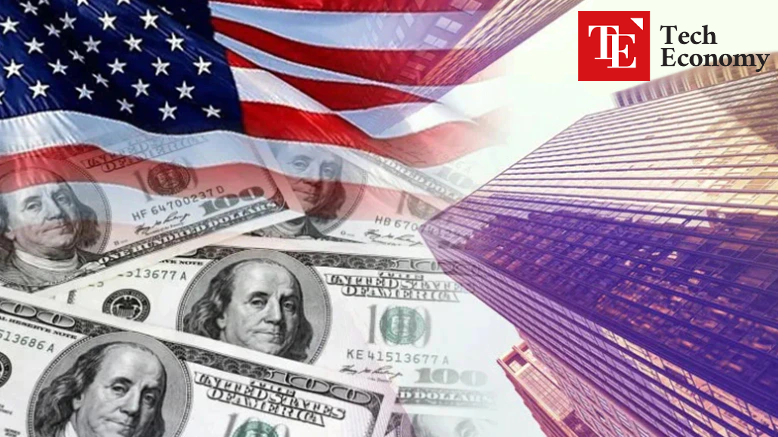
Startups Without Cash Reserves Hit Hard — “Innovation Will Slow”
Silicon Valley has been thrown into turmoil. Bloomberg reported that Microsoft quickly issued guidance for its H-1B staff to remain in the U.S. following Trump’s order, but later warned in a follow-up email that re-entry from abroad “cannot be guaranteed” amid potential border confusion. Wall Street firms rushed to act as well: JPMorgan urged overseas employees to return immediately and advised domestic staff not to travel, while Goldman Sachs circulated a memo noting “uncertain times” and ongoing legal consultations.
Anxiety is mounting among those planning U.S. careers. Satish, an Indian graduate student in San Francisco, told Bloomberg that 20 of his peers have decided to return home since the announcement. The H-1B had long served as a gateway for foreign graduates to find jobs and settle in America. With the fee hike, the corporate cost burden is projected to soar. The Financial Times noted that with 141,000 new H-1B visas issued last year, U.S. companies would face an additional $14 billion annually.
Observers warn the move will choke off AI talent pipelines for U.S. startups while reinforcing Big Tech dominance. Gary Tan, CEO of famed accelerator Y Combinator, said: “Big Tech can absorb this; startups will have their legs broken.” Meta, for example, can shrug off the fee when paying top AI talent packages exceeding $100 million, but startups with limited cash cannot. London-based immigration lawyer Catherine Betancourt added: “Large firms reliant on H-1Bs will be affected, but small employers may find even one visa fee prohibitive.”
A National Bureau of Economic Research (NBER) study found that startups with higher H-1B usage are more likely to secure top VC investment, patents, IPOs, or M&A exits. Hiring even one additional skilled immigrant raises a startup’s five-year IPO probability by 23%. Tan concluded: “Early teams cannot absorb this ‘tax.’ Cementing Big Tech while strangling startups is not the answer.”
UK Mulls Zero Visa Fees as Talent Drain Looms
The talent exodus threat is real. The UK is actively positioning itself as an alternative, considering full elimination of visa fees for top specialists. According to the FT, the Prime Minister’s Global Talent Taskforce is weighing a plan to waive all fees for leading experts in science, academia, and digital technology. “We’re discussing this for those from the world’s top five universities or with prestigious awards,” one official said, adding that the goal is to “completely abolish costs.” Another official described the current visa regime as a “bureaucratic nightmare,” stressing that reforms are about attracting the world’s best, not diluting the UK’s immigration control stance.
The Global Talent Visa, introduced in 2020, targets leaders or potential leaders across science, engineering, humanities, medicine, digital technology, arts, and culture. Currently, applicants pay $940 per person, with the same charge for dependents, plus a $1,300 annual health surcharge. All of these are now slated for removal.
Some analysts predict that with H-1B users overwhelmingly Indian and Chinese, many will soon return home. Longer term, India’s top talent may drift toward Chinese firms, intensifying AI rivalry with the U.S. For elite IT professionals unable to access America, China may emerge as the only viable alternative.
Indeed, Beijing appears poised to capitalize. While declining to comment directly on the U.S. move, Chinese Foreign Ministry spokesperson Guo Jiaqun said on the 22nd: “In a globalized world, cross-border talent flows are vital to technological and economic progress. China welcomes outstanding minds from around the world to pursue careers and contribute to humanity’s advancement.” America, once sustained by IT innovation as manufacturing retreated under the weight of high labor costs, now finds itself under Trump in a self-imposed isolationist experiment far removed from economic reality.

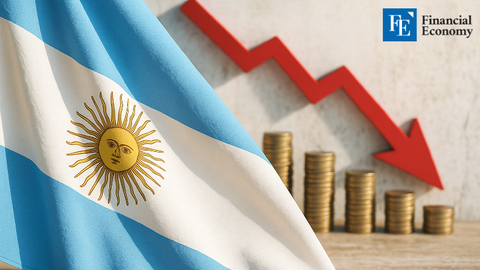
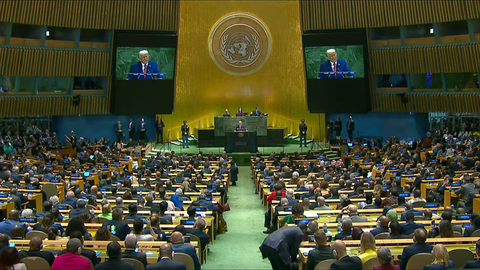
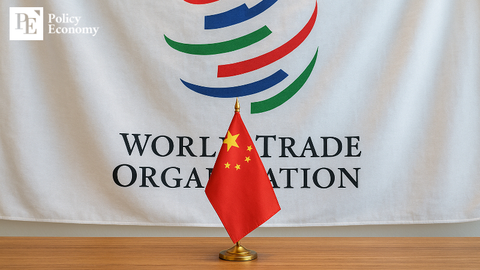

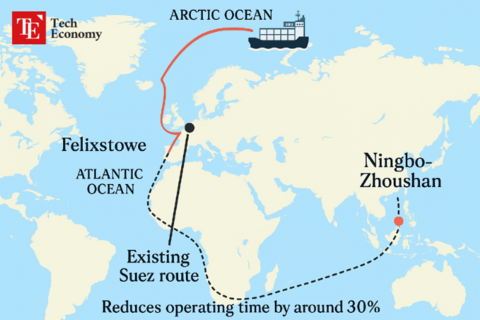
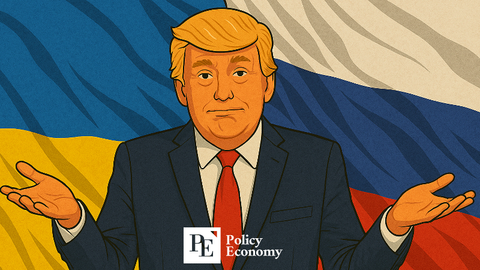


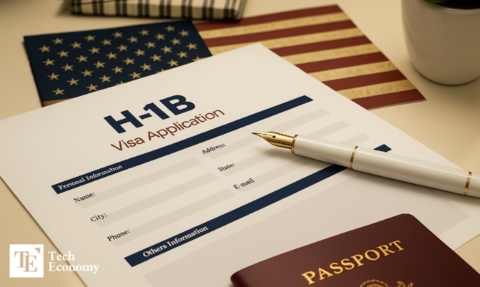












Comment